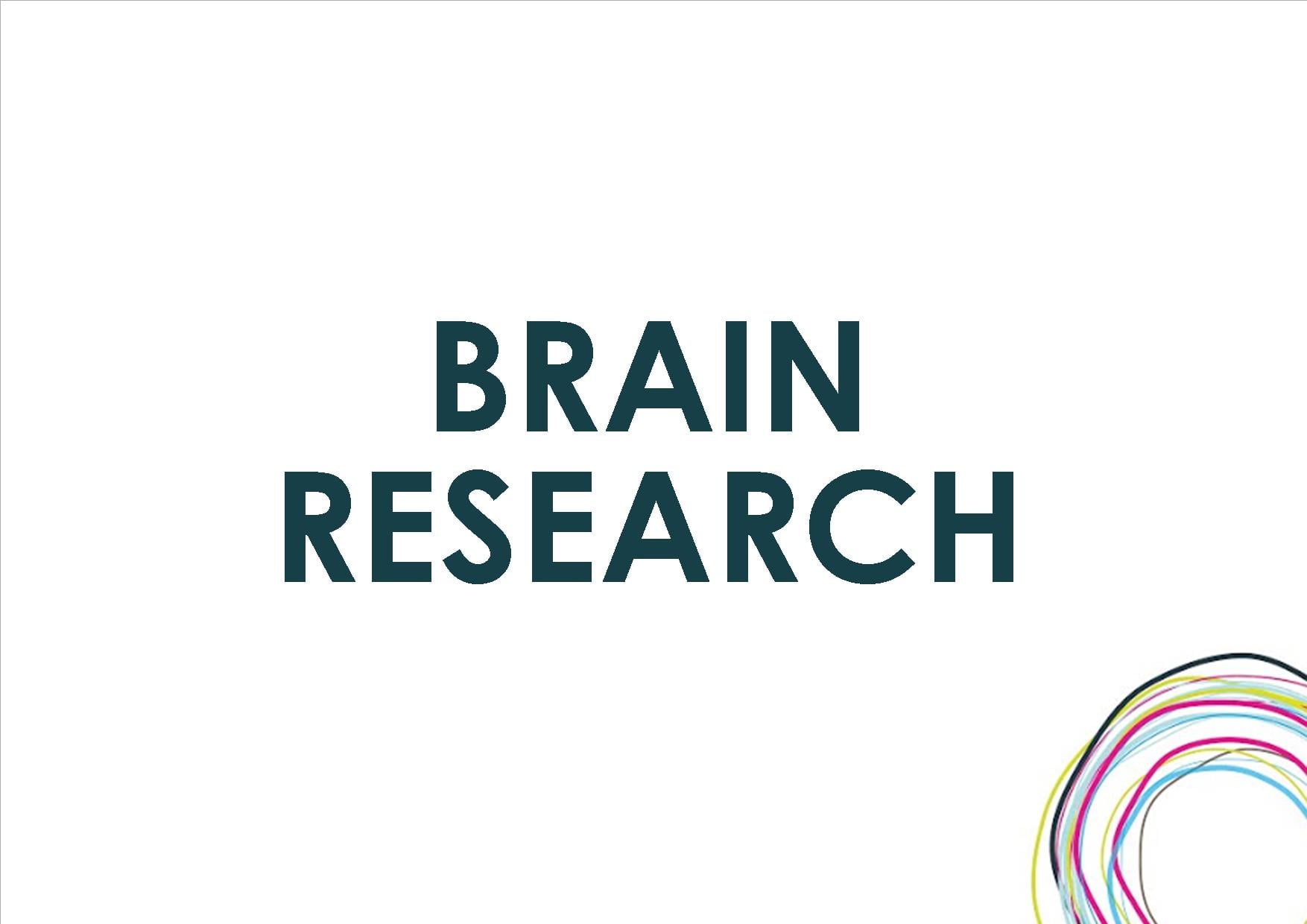The 2014 Nobel Prize in Physiology or Medicine has honored three neuroscientists.
John O’Keefe, along with May-Britt Moser and Edvard Moser, discovered cells that form a positioning system in the brain — our hard-wired GPS. Those cells mark our position, navigate where we’re going and help us remember it all, so that we can repeat our trips, the Nobel Assembly said in a statement.
Their research could also prove useful in Alzheimer’s research, because of the parts of the brain those cells lie in — the hippocampus and the entorhinal cortex.
Humans and other mammals have two hippocampi, which lie in the inner core of the bottom of the brain and are responsible for memory and orientation. The entorhinal cortices share these functions and connect the hippocampi with the huge neocortex, the bulk of our gray matter.
In Alzheimer’s patients, those two brain components break down early on, causing sufferers to get lost more easily. Understanding how the brain’s GPS works may help scientists in the future understand how this disorientation occurs.
The research is also important, because it pinpoints „a cellular basis for higher cognitive function,“ the Nobel Assembly said.
The scientists conducted their research on rats, but other research on humans indicates that we have these same cells.

